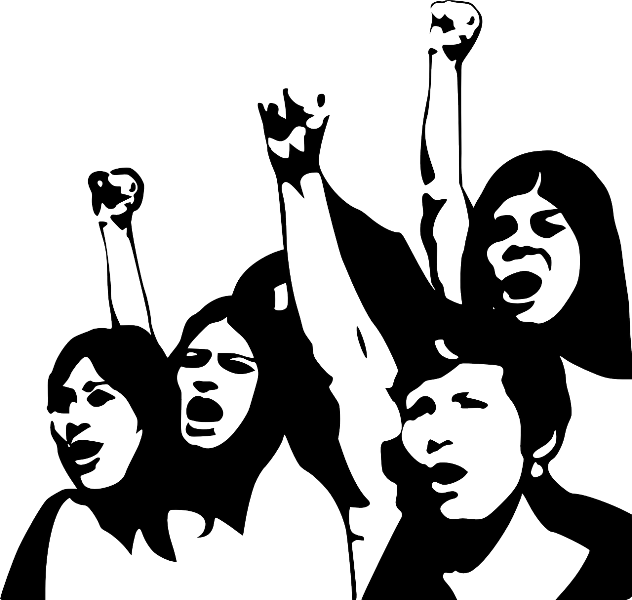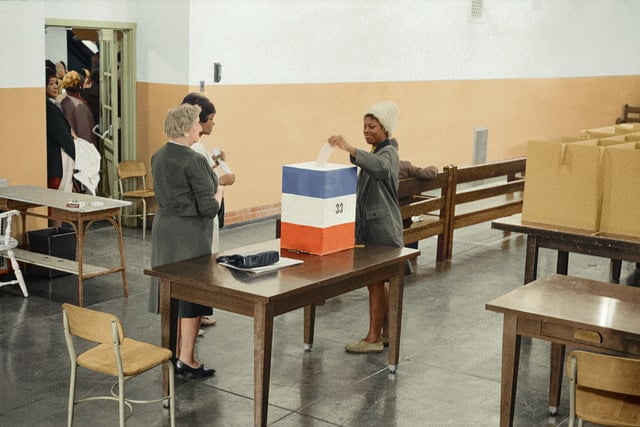How to keep our clothes clean
1 Wash them regularly with soap and water. 2 Spread them to dry very well in the sun. 3 Iron them properly when they are dry, so that they will be neat. 4 Keep your ironed clothes in your wardrobe or suitcase in order to prevent them from creasing unnecessarily. ITEMS USED FOR CLEANING […]
How to keep our clothes clean Read More »

